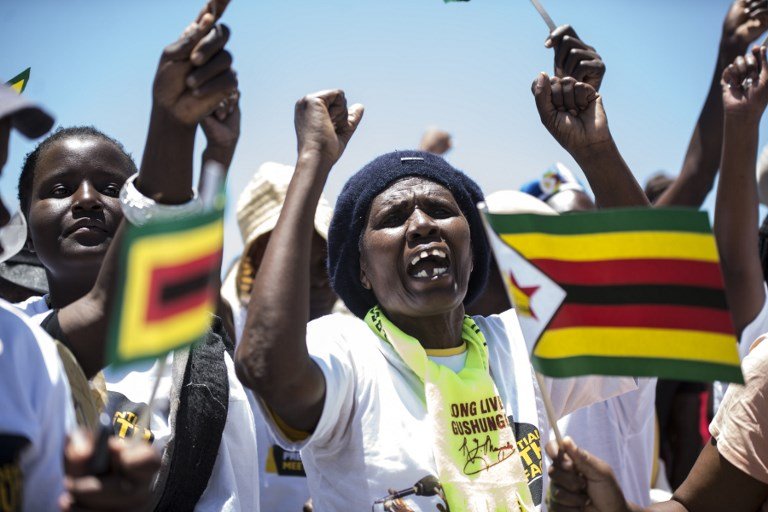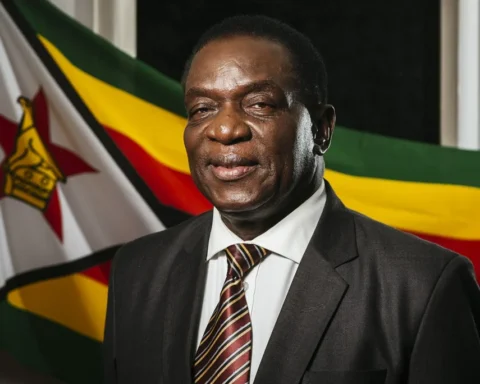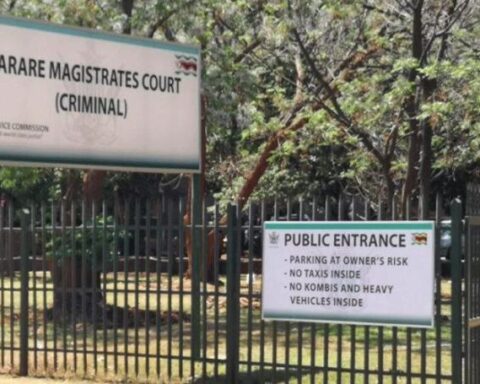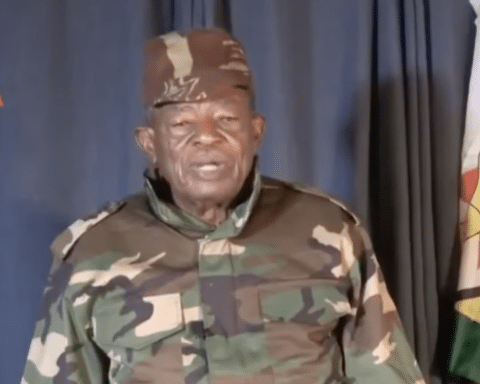Sithembiso Ncube‚ a teaching assistant at a tertiary institution in Zimbabwe‚ has not received a salary for nearly two months.
She is among scores of Zimbabweans who have lost faith in their country’s political system. Not even the upcoming elections are reason for optimism. The best way is to escape the deepening economic crisis.
“Things are bad. I am surviving on bank overdrafts and the bank only takes its money as and when government pays us. What hurts me most is that they add interest‚” Ncube said.
Her husband‚ Brian‚ owns a small construction company but business is slow. Some of his machinery was attached after he failed to pay workers.
The couple hope that moving to Australia will give them a brighter future. “We passed visa interviews last month. He will go first and then I will automatically get a spousal visa‚” Ncube said.
The Ncubes are selling their movable property to buy a one-way ticket for Brian. “When he arrives‚ the Australian government will refund his airfare and that will be used to buy my ticket‚” she added.
According to Australian laws‚ they will have to work for the government for two years. Thereafter‚ they can take up residence or extend their visas. In their circle of friends‚ a lawyer husband and computer engineer wife left in December for Italy.
But for most ordinary Zimbabweans‚ South Africa is the destination of choice. Statistics from the South African embassy in Harare indicate that visa applications have doubled since 2014. The embassy now processes an average of 6‚000 permits per month‚ against 3‚000 three years ago.
Supermarket prices have soared 150 percent in the last two months in Zimbabwe as the country’s economic crisis takes a turn for the worse.
Maria Chiyangwa‚ a Zimbabwean mother of two‚ who works as a domestic helper‚ says that staying in South Africa gives her hope.
“Things are bad back home in Zimbabwe. It’s hard. Nothing is getting better. There is no peace‚ we have no services and it’s hard to make a living‚” Chiyangwa said.
“I don’t mind going through a struggle to extend my permit in South Africa because at least here I can get a job and take care of my children. My husband and I are both this side. He’s a teacher and we are able to live with the help of his salary. There’s hope. I wouldn’t go back to Zimbabwe.”
Another Zimbabwean‚ who declined to be named‚ returned home in 2011 during the Government of National Unity (GNU) that brought stability as President Robert Mugabe shared power with his erstwhile rival Morgan Tsvangirai. Now she is also leaving.
“My standard of living has gone down and signs are that things will only get worse‚” she said‚ eyeing the United Arab Emirates.
Doctors and nurses are also leaving in droves. Last year many relocated to Swaziland‚ Namibia and the United Kingdom. A basic starting salary for a nurse in the United Kingdom‚ before added benefits and overtime‚ is 21‚000 pounds per year (about R389‚938) – a far cry from the $4‚000 (R56‚811) per year in Zimbabwe.
There is a lack of up-to-date statistics on the number of Zimbabweans in the diaspora but the International Organisation for Migration (IOM) estimates that between 500‚000 and three million left during the economic meltdown of 2008.
Those who have relocated to South Africa under the Zimbabwe Dispensation Permits are racing against time to extend their stay.
“There is panic because by December everyone should have extended their permits but the online system is not working properly‚ hence some don’t have interview dates. It’s complete chaos‚” said Tendai Bhiza from People Against Suffering‚ Oppression and Poverty (Passop) in Cape Town.
Chiyangwa said the Zimbabwean special permit system was efficient and helpful. “When I went to apply‚ there was something wrong with how my employment letter was written‚ so I had to fix it. They gave me another date for an appointment and I will go then and I should be done‚” she said.
Many Zimbabweans in South Africa are not documented and more are on their way into the country.
“I charge R2‚000 to get a person into South Africa. I have roughly six people every fortnight. Lately we have been transporting children who are being reunited with their parents because life has become tough back home‚” said a cross boarder transporter‚ known as Umalayisha.








